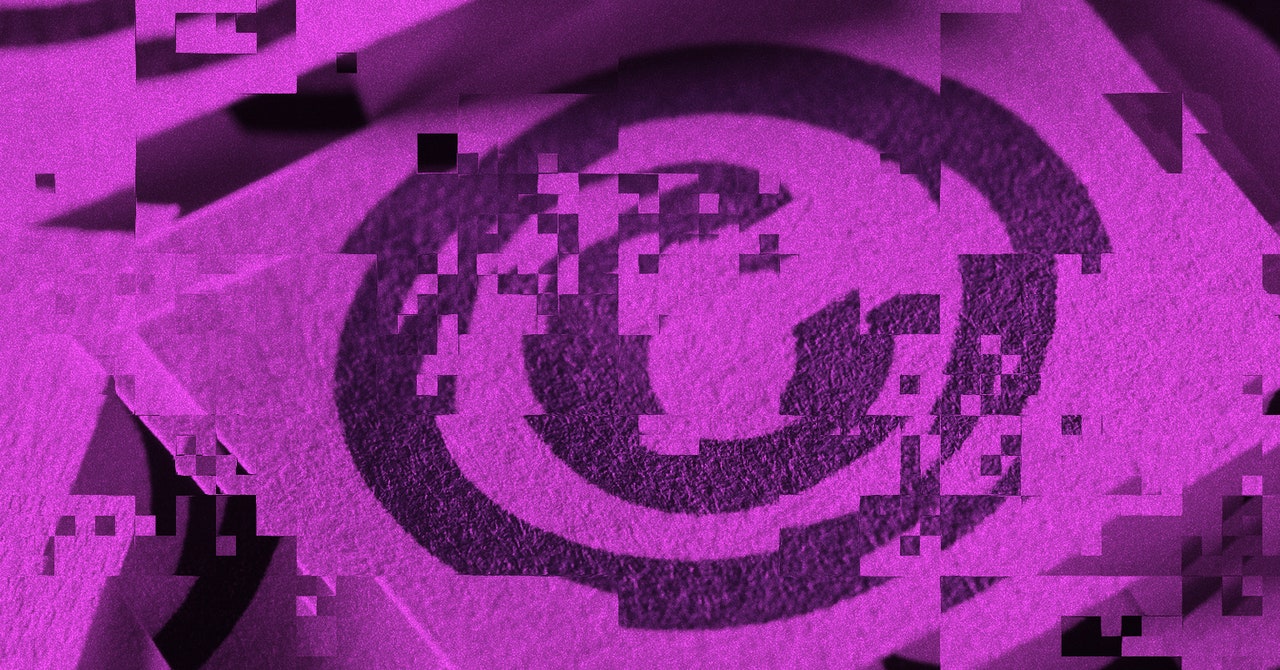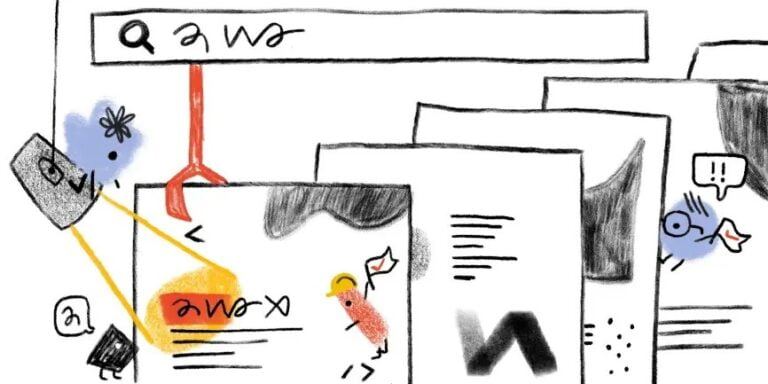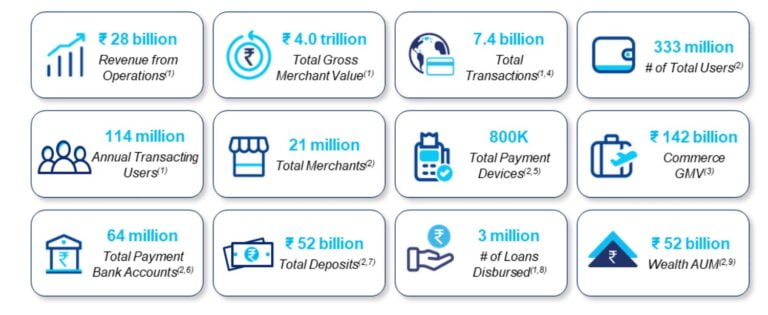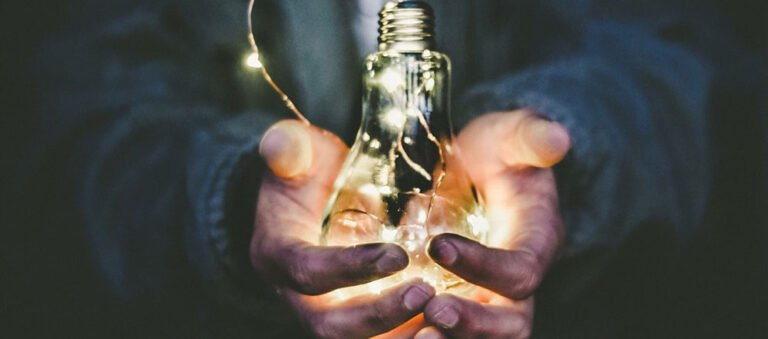
Last October, I received an email with a hell of an opening line: “I fired a nuke at the US Copyright Office this morning.”
The message was from Elisa Shupe, a 60-year-old retired US Army veteran who had just filed a copyright registration for a novel she’d recently self-published. She’d used OpenAI’s ChatGPT extensively while writing the book. Her application was an attempt to compel the US Copyright Office to overturn its policy on work made with AI, which generally requires would-be copyright holders to exclude machine-generated elements.
That initial shot didn’t detonate—a week later, the USCO rejected Shupe’s application—but she ultimately won out. The agency changed course earlier this month after Shupe appealed, granting her copyright registration for AI Machinations: Tangled Webs and Typed Words, a work of autofiction self-published on Amazon under the pen name Ellen Rae.
The novel draws from Shupe’s eventful life, including her advocacy for more inclusive gender recognition. Its registration provides a glimpse of how the USCO is grappling with artificial intelligence, especially as more people incorporate AI tools into creative work. It is among the first creative works to receive a copyright for the arrangement of AI-generated text.
“We’re seeing the Copyright Office struggling with where to draw the line,” intellectual property lawyer Erica Van Loon, a partner at Nixon Peabody, says. Shupe’s case highlights some of the nuances of that struggle—because the approval of her registration comes with a significant caveat.
The USCO’s notice granting Shupe copyright registration of her book does not recognize her as author of the whole text as is conventional for written works. Instead she is considered the author of the “selection, coordination, and arrangement of text generated by artificial intelligence.” This means no one can copy the book without permission, but the actual sentences and paragraphs themselves are not copyrighted and could theoretically be rearranged and republished as a different book.
The agency backdated the copyright registration to October 10, the day that Shupe originally attempted to register her work. It declined to comment on this story. “The Copyright Office does not comment on specific copyright registrations or pending applications for registration,” Nora Scheland, an agency spokesperson says. The agency was pressed in President Biden’s executive order on AI last fall to make recommendations to the White House on the “scope of protection for works produced using AI.”
Although Shupe’s limited copyright registration is notable, she originally asked the USCO to open a more significant path to copyright recognition for AI-generated material. “I seek to copyright the AI-assisted and AI-generated material under an ADA exemption for my many disabilities,” she wrote in her original copyright application.
Shupe believes fervently that she was only able to complete her book with the assistance of generative AI tools. She says she has been assessed as 100 percent disabled by the Department of Veterans Affairs and struggles to write due to cognitive impairment related to conditions including bipolar disorder, borderline personality disorder, and a brain stem malformation.
She is proud of the finished work and sees working with a text generator as a different but no less worthwhile method of expressing thoughts. “You don’t just hit ‘generate’ and get something worthy of publishing. That may come in the future, but we’re still far from it,” she says, noting that she spent upwards of 14 hours a day working on her draft.
After her initial registration was refused, Shupe connected with Jonathan Askin, founder of the Brooklyn Law Incubator and Policy Clinic at Brooklyn Law School, which takes pro bono cases centered on emerging tech and policy questions. Askin and Brooklyn Law student Sofia Vescovo began working on Shupe’s case and filed an appeal with the USCO in January.
The appeal built on Shupe’s argument about her disabilities, saying she should be granted copyright because she used ChatGPT as an assistive technology to communicate, comparing her use of OpenAI’s chatbot to an amputee using a prosthetic leg. The appeal claimed that the USCO “discriminated against her because of her disability.”
The Brooklyn Law appeal also claimed that Shupe should be granted copyright for compiling the book—that is, doing the work of selecting and organizing the snippets of AI-generated text. It provided an exhaustive log of how Shupe prompted ChatGPT, showing the custom commands she created and the edits she made.
It includes a side-by-side comparison of the unedited machine output and the final version of Shupe’s book. On a sentence level, she adjusted almost every line in some way, from changes in word choice to structure. One example describing a character in the novel: “Mark eyed her, a complex mix of concern and annoyance evident in his gaze” becomes “Mark studied her, his gaze reflecting both worry and irritation.”
The appeal cites another recent AI copyright decision about the graphic novel Zarya and the Dawn, which incorporates AI-generated images created with Midjourney. In February 2023, author Kris Kashtanova was granted copyright to the selection and arrangement of AI-generated images in the text, even though they were denied copyright on the specific images themselves.
When the USCO granted Shupe’s request for copyright, it did not address the disability argument put forth but agreed with the appeal’s other argument. Shupe could be considered the author of “selection, coordination, and arrangement of text generated by artificial intelligence,” the agency wrote, backdating her copyright registration to October 10, 2023, the day that Shupe had originally attempted to register her work. That gives her authorship of the work overall, prohibiting unauthorized wholecloth reproduction of the entire book, but not copyright protection over the actual sentences of the novel.
“Overall, we are extremely satisfied,” says Vescovo. The team felt that copyrighting the book’s compilation would provide peace of mind against out-and-out reproduction of the work. “We really wanted to make sure we could get her this protection right now.” The Brooklyn Law team hope Shupe’s approval can serve as a blueprint for other people experimenting with AI text generation who want some copyright protection.
“I’m going to take this as a win for now,” Shupe says, even though she knows that “in some ways, it’s a compromise.” She maintains that the way she uses ChatGPT more closely resembles a collaboration than an automated output, and that she should be able to copyright the actual text of the book.
Matthew Sag, a professor of law and artificial intelligence at Emory University, calls what the USCO granted Shupe “thin copyright”—protection against full-fledged duplication of materials that doesn’t stop someone from rearranging the paragraphs into a different story. “This is the same kind of copyright you would get in an anthology of poetry that you didn’t write,” Sag says.
Erica Van Loon agrees. “It’s hard to imagine something more narrow,” she says.
Shupe is part of a larger movement to make copyright law friendlier to AI and the people who use it. The Copyright Office, which both administers the copyright registration system and advises Congress, the judiciary system, and other governmental agencies on copyright matters, plays a central role in determining how works that use AI are treated.
Although it continues to define authorship as an exclusively human endeavor, the USCO has demonstrated openness to registering works that incorporate AI elements. The USCO said in February that it has granted registration to over 100 works with AI incorporated; a search by WIRED found over 200 copyright registration applications explicitly disclosing AI elements, including books, songs, and visual artworks.
One such application came from Tyler Partin, who works for a chemical manufacturer. He recently registered a tongue-in-cheek song he created about a coworker, but excluded lyrics that he spun up using ChatGPT from his registration. Partin sees the text generator as a tool, but ultimately doesn’t think he should take credit for its output. Instead, he applied only for the music rather than the accompanying words. “I didn’t do that work,” he says.
But there are others who share Shupe’s perspective and agree with her mission, and believe that AI-generated materials should be registrable. Some high-profile attempts to register AI-generated artworks have resulted in USCO refusals, like artist Matthew Allen’s effort to get his award-winning artwork Théâtre D’opéra Spatial copyrighted last year. AI researcher Stephen Thaler has been on a mission for years to prove that the AI system he invented deserves copyright protections of its own.
Thaler is currently appealing a ruling in the US last year that rebuffed his attempt to obtain copyright on behalf of his machine. Ryan Abbott, the lead attorney on the case, founded the Artificial Inventor Project, a group of intellectual property lawyers who file test cases seeking legal protections for AI-generated works.
Abbott is a supporter of Shupe’s mission, although he’s not a member of her legal team. He isn’t happy that the copyright registration excludes the AI-generated work itself. “We all see it as a very big problem,” he says.
Shupe and her legal helpers don’t have plans to push the ADA argument further by contesting the USCO’s decision, but it’s an issue that is far from settled. “The best path is probably to lobby Congress for an addition to the ADA statute,” says Askin. “There’s a potential for us to draft some legislation or testimony to try to move Congress in that direction.”
Shupe’s qualified victory is still a significant marker in how the Copyright Office is grappling with what it means to be an author in the age of AI. She hopes going public with her efforts will reduce what she sees as a stigma against using AI as a creative tool. Her metaphorical nuke didn’t go off, but she has nonetheless advanced her cause. “I haven’t been this excited since I unboxed a Commodore 64 back in the 1980s and, after a lot of noise, connected to a distant computer,” she says.
Title: An Exploration of an Author’s Groundbreaking Contributions to AI Copyright
Introduction:
Artificial Intelligence (AI) has become an integral part of our lives, transforming various industries and revolutionizing the way we interact with technology. However, as AI continues to advance, questions surrounding copyright and intellectual property rights have emerged. In this article, we will delve into the groundbreaking contributions of an author in the field of AI copyright, shedding light on their innovative ideas and potential implications for the future.
Understanding AI Copyright:
AI copyright refers to the legal protection of creative works generated by artificial intelligence systems. Traditionally, copyright law has been designed to protect human-authored creations. However, with the rise of AI-generated content, the question arises as to who should be granted copyright ownership when machines produce original works.
The Author’s Contributions:
The author we are exploring has made significant strides in addressing the complexities of AI copyright. Their work focuses on establishing a framework that recognizes the unique nature of AI-generated content while ensuring fair attribution and protection for both human creators and AI systems.
1. Defining Authorship:
One of the author’s key contributions is redefining the concept of authorship in the context of AI-generated content. They propose a broader definition that encompasses both human creators and the AI systems that contribute to the creative process. This approach acknowledges the collaborative nature of AI-generated works and ensures that all contributors are recognized and protected.
2. Attribution Mechanisms:
To ensure proper attribution, the author proposes innovative mechanisms that enable AI systems to be identified as co-authors or contributors. These mechanisms could involve metadata tags or digital signatures embedded within the AI-generated content, allowing for traceability and acknowledgment of the AI system’s role in the creation process.
3. Shared Copyright Ownership:
Recognizing the collaborative nature of AI-generated content, the author suggests a shared ownership model between human creators and AI systems. This model ensures that both parties receive appropriate recognition and benefits from the commercial exploitation of the work. It also paves the way for fair distribution of royalties and licensing fees, fostering a more equitable ecosystem for AI-generated content.
Implications and Challenges:
The author’s groundbreaking contributions have far-reaching implications for the future of AI copyright. By recognizing AI systems as co-authors, their work challenges existing legal frameworks and calls for an evolution in copyright law. However, implementing these ideas poses several challenges, including the need for international consensus, defining the extent of AI’s creative contribution, and addressing potential ethical concerns.
1. Legal Adaptation:
Adapting copyright laws to accommodate AI-generated content requires international collaboration and consensus. Harmonizing legal frameworks across jurisdictions will be crucial to ensure consistent protection and attribution standards for AI-generated works.
2. Ethical Considerations:
As AI systems become more sophisticated, questions of ethics and accountability arise. The author’s contributions prompt discussions on the ethical implications of AI-generated content and the responsibility of both human creators and AI systems in adhering to ethical guidelines.
3. Technological Implementation:
Implementing the proposed attribution mechanisms and shared ownership models will require advancements in technology. Developing robust systems capable of accurately identifying AI contributions and facilitating fair distribution of rights and royalties will be essential.
Conclusion:
The author’s groundbreaking contributions to AI copyright provide a framework for addressing the challenges posed by AI-generated content. By redefining authorship, proposing attribution mechanisms, and advocating for shared ownership, they pave the way for a more inclusive and equitable future for AI-generated works. As AI continues to evolve, it is imperative that legal frameworks adapt to protect the rights of all contributors involved in the creative process, whether human or machine.






